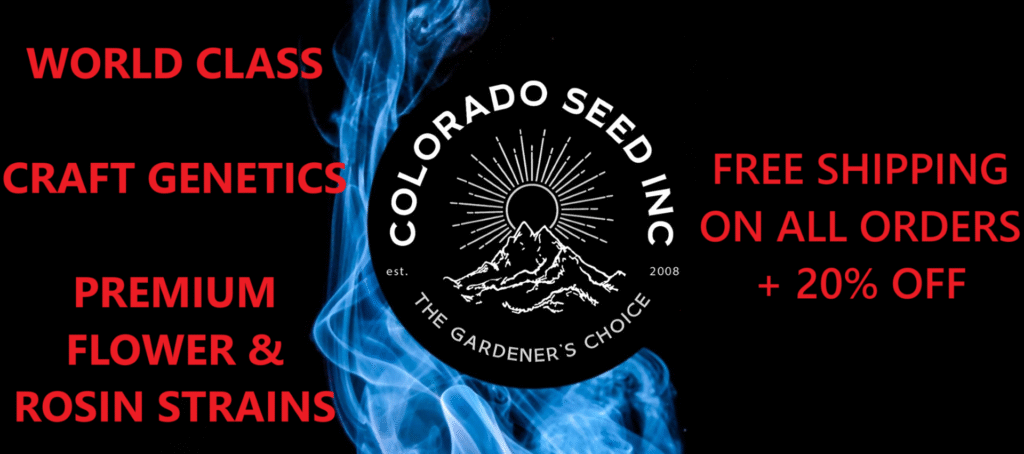A new study out of Thailand details a novel process for producing broad-spectrum CBD extracts with minimal Δ9-THC, using optimized ethanolic extraction and centrifugal partition chromatography (CPC).

Researchers from Naresuan University and the University of Phayao set out to refine cannabis extraction techniques to yield extracts rich in cannabidiol (CBD) but with negligible psychoactive THC content. Using response surface methodology and Box-Behnken design software, the team tested various conditions to identify the most effective extraction process.
They found that an extraction temperature of -31°C for 33 minutes with a sample-to-solvent ratio of 1:8% w/v provided the best results. Though the total yield was lower, this method produced the highest concentration of light-colored cannabinoids, desirable for product clarity and quality.
To eliminate THC, researchers applied CPC with a solvent mixture of hexane, 0.1% formic acid in acetonitrile, and 20 mM ammonium formate. The process resulted in a high recovery yield of 89.3%, and the final product contained 73.3% CBD and just 0.2% THC by weight.
The study demonstrates that with refined methods, it is possible to consistently produce broad-spectrum CBD products that meet regulatory thresholds for THC while maintaining cannabinoid integrity.








